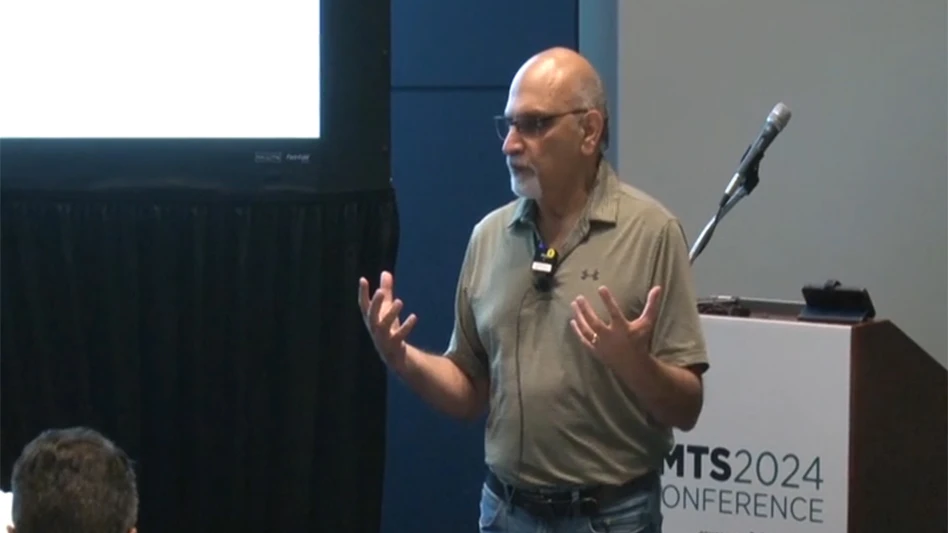
Epirus
Epirus delivered the first Indirect Fire Protection Capability – High-Power Microwave (IFPC-HPM) system to the U.S. Army. The IFPC-HPM is a Leonidas-derived counter-Unmanned Aerial System (C-UAS)-swarm capability – and this marks the first of four IFPC-HPM prototype systems Epirus will deliver to RCCTO, as part of a December 2022 contract award.
Epirus delivered its HPM weapon after successfully completing a recent U.S. Army-sponsored government acceptance test hosted in Nevada. The testing event further validated the system's safety for personnel and fuel and marked HPM's continued progression from Science and Technology prototype to operational capability.
"In January, we began our work with RCCTO to deliver an operational high-power microwave weapon to the Air Defense community – and, today, we have done so in record time. With our Army associates, the team at Epirus has developed and demonstrated unprecedented HPM capability in just nine months," says Ken Bedingfield, Chief Executive Officer, Epirus. "That is no small feat – and we are honored to play a leading role in developing a pathway towards delivering a deployable counter-swarm capability to the Army."
Following delivery of the initial prototype to RCCTO, the system will undergo further evaluation and testing to develop tactics, techniques, and procedures for future use. Epirus' HPM system has emerged as a leading capability from a crowded industry of kinetic and directed energy solutions to counter individual and swarm UAS.
Epirus and RCCTO will continue to collaborate to deliver an additional three prototype weapon systems over the course of the contracting period. The systems will undergo additional developmental testing to achieve technology maturation and enhance the prototypes to protect against a spectrum of UAS threats.
Latest from Defense and Munitions
- AV secures $288 million delivery order on $990 million contract with U.S. Army
- Textron Aviation secures sale of advanced military training aircraft to SkyAlyne, KF Aerospace
- IMCO Carbide Tool's POW-R-FEED M934 4-flute end mills
- Mastercam acquires MCAM Northwest, ShopWare, CAD/CAM Solutions Business Line from OptiPro Systems
- Palladyne AI, Red Cat announce first successful multi-drone collaborative autonomous flight
- Landing Zones Canada Inc's Eagle
- Cutting Edge Innovations: Maximizing Productivity and Best Practices with Superabrasives
- Starrett demonstrating automated metrology, force measurement inspection solutions





